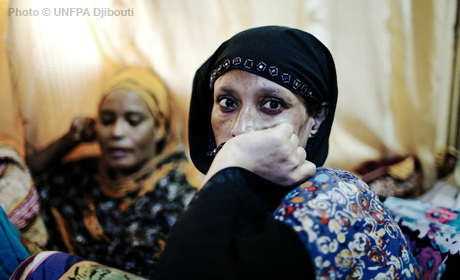Key humanitarian results 2020

Women assisted to deliver babies safely in UNFPA-supported facilities

People reached with GBV prevention, mitigation and response activities

Affected population reached with Family Planning services

Number of women of reproductive age (aged 15-49) reached with SRH services

Number of adolescents aged 15-19 reached with SRH services

Number of young people aged 20-24 reached with SRH services

People reached with awareness-raising activities and GBV-lifesaving information in-person

Number of people reached with personal protective equipment (PPE) supplies

Functional health facilities supported by UNFPA that provide Emergency Obstetric Care (EmOC)

Dignity kits and/or other Non-Food Items distributed

Youth Spaces supported by UNFPA

Health facilities supported by UNFPA

Youth facilitators and volunteers trained on sexual and reproductive health

Personnel trained on clinical management of rape

Personnel trained on the Minimum Initial Service Package (MISP) for SRH

